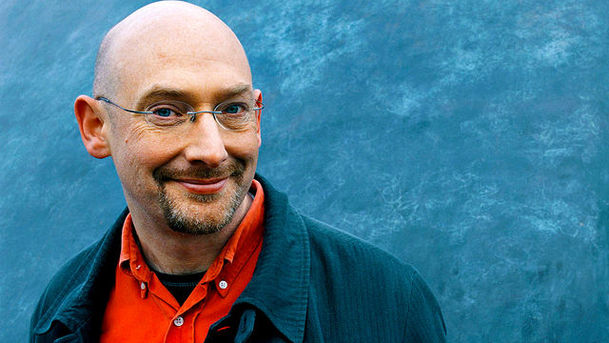Material World - 30/07/2009

As Cambodia reports a rise in tolerance to the Artemisinin class of anti-malarial drugs, calls come from Nature, the Lancet and the WHO to further deploy so-called 'combination therapies' to combat the disease rather than risk a strain of Artemisinin resistant malaria. Quentin Cooper talks to Prof Chris Whitty, director of research at the Department for International Development, about resistance and epidemiology. They are joined by Colin Hill, chair of a consortium that aims to make the shrub Artemisia Annua a UK cash crop in order to make production of the drug cheaper. As Ofcom reports on variance in UK broadband bandwidth provision, Prof Laurie Cuthbert of Queen Mary, University of London's Department of Electrical Engineering talks about the material nature of the broadband network. What is the difference between a balanced pair and a DSLAM multiplexer? How many mega bytes does it take to bite of bit of the world wide web? Hailed as the beginning of gene therapy 20 years ago, the discovery of the Cystic Fibrosis Gene had raised expectations of marvellous new cures of gene based diseases - by replacing a mutated gene with a straight one, for example. Quentin catches up with Prof Eric Alton, whose team are currently doing safety trials on a new therapy to see if the technology has lived up to its initial promise. And as England take on Australia in the third Test, Quentin pitches a question or four to Dr David James on the state of cricket grounds. How might science help the groundsmen in charge of our first-class pitches to raise the English game?